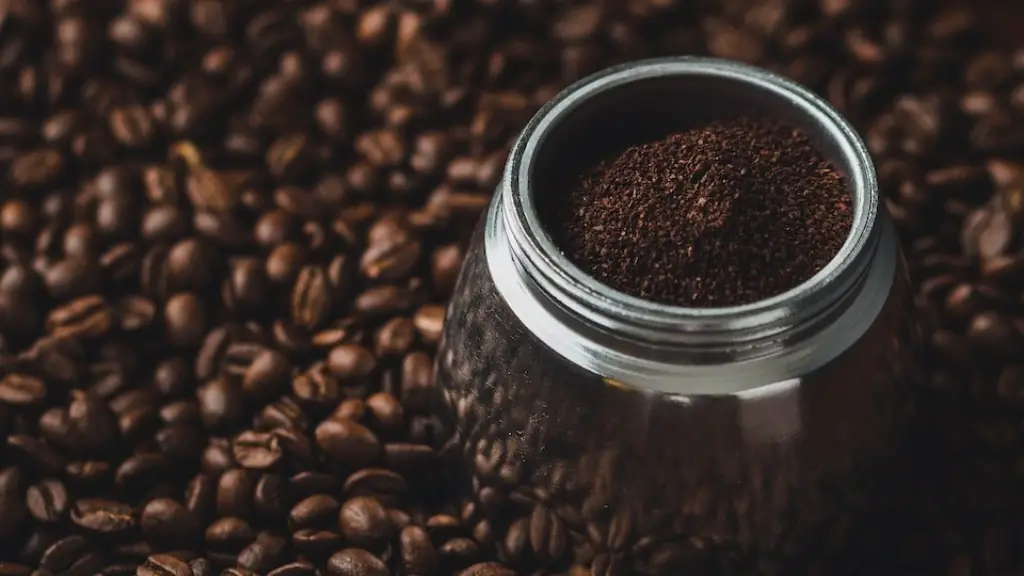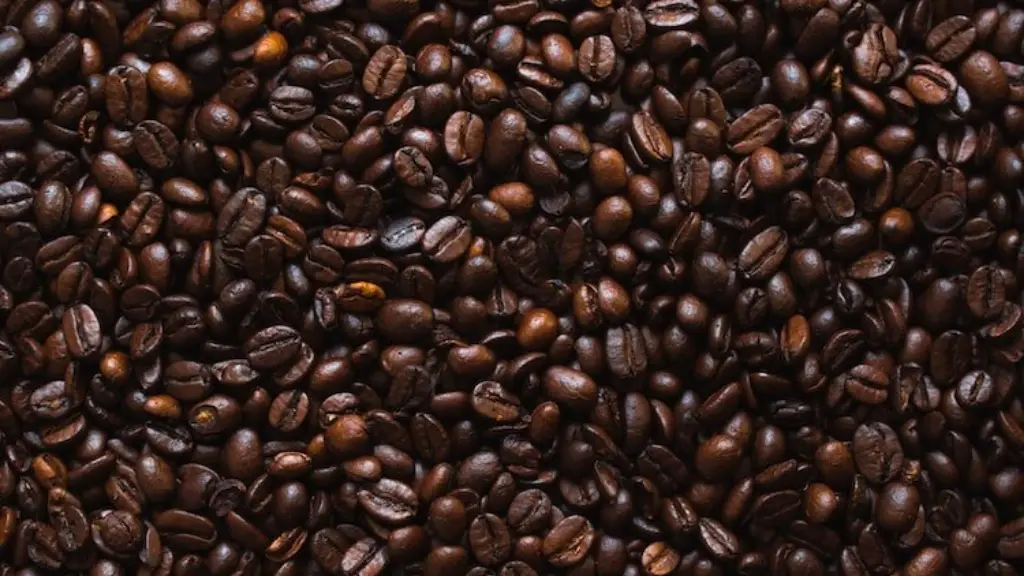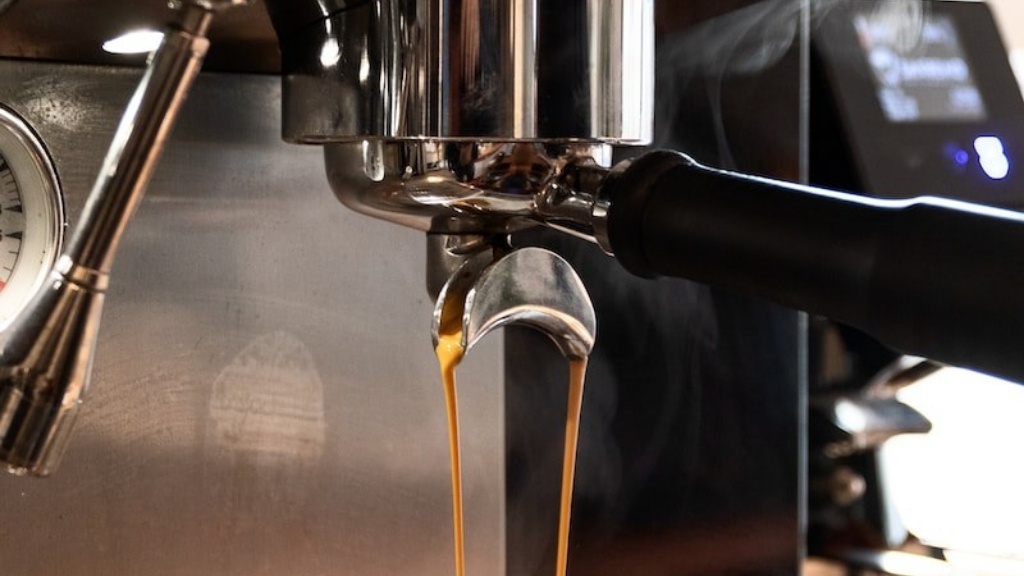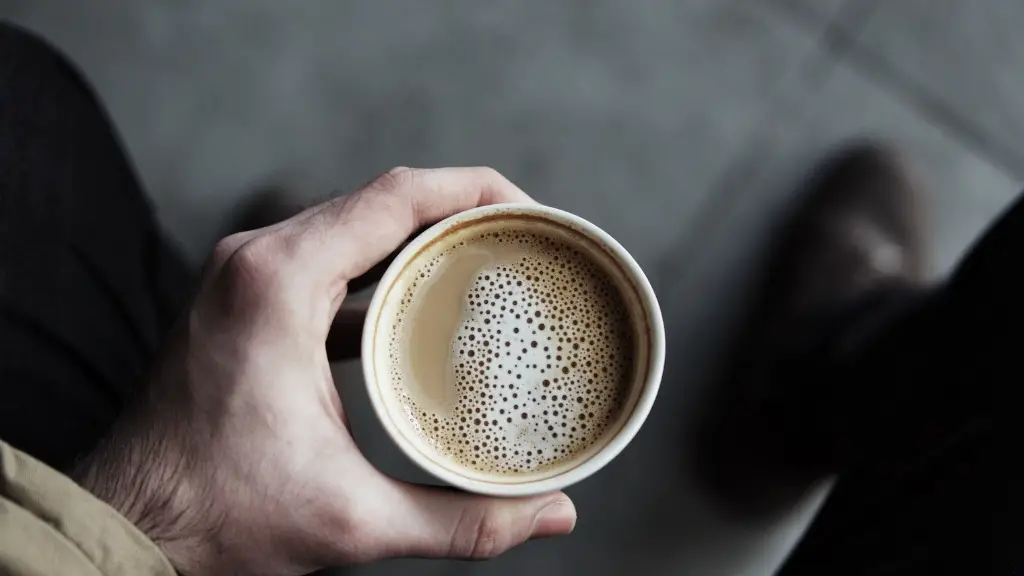In today’s busy world, many of us rely on our beloved coffee to get us through the day. though usually beneficial, too much of anything can be a bad thing- the same applies to coffee. because the effects of excessive caffeine intake can be severe, it is important to be aware of the risks. if you notice that you drink too much coffee or experience any negative symptoms associated with over-caffeination, there are steps you can take to reduce you caffeine intake.
First and foremost, understand your own limits. everybody is different and what works for one individual may not be the best approach for another. it is important to identify how much coffee your body can process and stick to that caffeine intake limit. if you found yourself in the unfortunate circumstance of drinking too much coffee, there are a few common remedies that can help.
To combat the jitters and other adverse affects of too much coffee, experts recommend taking up various relaxation techniques. yoga, deep breathing, and even a quick walk can do wonders when it comes to combatting the caffeine overload. Additionally, hydration is key. it is important to drink plenty of water to help flush out the system and stabilize your energy levels. Medical professionals caution that it is also important to take in electrolytes to facilitate these processes.
In the event that you’ve consumed too much coffee, avoid the temptation of loading up on more caffeine to counteract the exhausted feeling. instead, opt for natural foods or beverages such as teas, fruits, and nuts that contain small amounts of caffeine. they will help to reduce the symptoms of coffee overload without adding more caffeine to the system.
The caffeine in coffee can have an addictive quality and it may be beneficial to gradually reduce consumption to prevent any withdrawal symptoms. also, schedule caffeine absorption throughout the day and limit your consumption to early in the day. if you do find yourself drinking too much coffee, it is important to recognize the signs and take appropriate action.
Tips For A Healthier Coffee Intake
One of the best ways to avoid drinking too much coffee is to monitor your intake and be mindful of what you are consuming. A good practice is to accurately measure the amount of coffee you use and only take breaks when it is absolutely necessary. Additionally, it might be helpful to adjust the type of coffee to a decaffeinated version or lighter roast. Also, you could also add milk and other alternatives such as nut milk or oat milk to reduce the dose of caffeine.
Moreover, consider brewing stronger coffee in smaller cups. By doing this, you can make a small amount of coffee last longer rather than having to make a full-sized cup many times throughout the day. If you drink coffee for the taste, instead of relying on its caffeine content, you can opt for natural fruit juices that provide beneficial antioxidants.
On the other hand, eating foods rich in vitamins and minerals helps to minimize the negative effects of too much coffee. healthy, balanced meals can impede the jittery effects of caffeine. Juicing and smoothies are also alternatives methods to get necessary vitamins and minerals from fruits, vegetables, and grains. Consuming healthier alternatives helps to break your coffee addiction and minimizes the chances of consuming too much coffee.
Lastly, if you are having difficulty in shifting away from coffee, it may be beneficial to consult with a healthcare professional to help create an effective action plan. Though it might be difficult to reduce your coffee intake, with persistence and discipline, it is possible to find alternatives that give you the same energy boost without the negative side effects.
Relieving The Symptoms Of Drinking Too Much Coffee
If you do drink too much coffee, the effects of over-caffeination must be quickly brought under control. One of the most effective methods is to counteract the coffee consumption with healthy snack alternatives such as fruits, nuts, and yoghurt. Eating these snack at regular times throughout the day is especially helpful in managing the coffee-induced energy dips and also prevents over-indulgence in coffee.
Moreover, supplementing your diet with certain essential vitamins and minerals can benefit the body and help to alleviate symptoms of over-caffeination too. Vitamin C, for example, helps to mellow out the body during those post-coffee rushes. Additionally, calming teas such as lemon balm, lavender, and chamomile can be effective in reducing anxiety and regulating monitor of the mood swings caused by caffeine overload.
It is also beneficial to observe how much caffeine you are actually taking in. Caffeine is hidden in many widely consumed beverages, such as, energy drinks, carbonated drinks and even chewing gum. Always make sure to read all labels to determine the actual caffeine content of any food item you are about to consume to better monitor and control your daily intake.
Finally, consuming foods with a good portion of healthy fats helps to slow down the absorption of caffeine. They also provide energy throughout the day and reduces the amount of coffee needed. Taking small breaks throughout the day is also important in giving the body sufficient rest and making sure it can carry out its necessary processes correctly.
Benefits Of Cutting Back On Coffee Consumption
While coffee has many beneficial qualities, moderation is key. Reducing your coffee consumption has its own set of benefits, including:
Improved sleep: Too much caffeine makes it hard to get a good night’s rest as it affects the production of hormones responsible for regulating circadian rhythms. Thus, reducing coffee consumption can generally improve sleep quality.
Higher energy levels: Contrary to popular belief, coffee actually reduces energy levels in the body. Drinking too much coffee leads to a temporary surge in energy, followed by an energy dip and fatigue. Reducing the consumption of coffee can help to maintain steady energy levels throughout the day.
Stronger teeth: Overconsumption of coffee can lead to tooth decay and discoloration as it contains high levels of acidity. Cutting back on coffee can reduce the risk of enamel damage, thereby protecting teeth for a longer time.
Effortless digestion: Coffee can affect digestion due to the presence of caffeine. This can lead to diarrhoea, indigestion and other associated problems. Drinking less coffee can generally improve the digestive process.
Increased cognitive abilities: Caffeine has been found to impact two important brain functions: concentration and focus. When too much caffeine is consumed, these abilities are impaired, reducing overall performance. Cutting back on coffee can help promote better focus and concentration.
Alternatives To Coffee
When it comes to maintaining energy levels, there are lots of ways to get the boost we need without having to rely on too much coffee. Here are some of the most popular alternatives to coffee (with their corresponding caffeine levels):
Tea (20-90mg): All types of tea contain caffeine, although generally less than coffee. Black tea, for instance, contains about 30-50 mg per 8-ounce cup. Green tea, on the other hand, contains about 20-30 mg per 8-ounce cup. Herbal teas, on the other hand, contain no caffeine.
Matcha (70mg): Matcha is a type of powdered green tea that is commonly used in traditional Japanese tea ceremonies. It contains significantly more caffeine than standard green tea. A single serving of matcha usually contains 70 mg of caffeine.
Dark Chocolate (25-160mg): Dark chocolate contains small amounts of caffeine and theobromine. Depending on the concentration of cocoa, the amount of caffeine present can vary considerably. If you’re looking for a caffeine boost, opt for dark chocolate with 70% cocoa content or higher.
Yerba Mate (75mg): Yerba mate is a popular herbal tea that hails from South America. It has gained in popularity in recent years due to its energizing qualities. Yerba mate contains about 75 mg of caffeine per 8-ounce cup.
Kombucha (4-8mg): Kombucha is a popular, effervescent fermented drink that is slowly becoming a staple beverage in health circles. Although it does contain small amounts of caffeine, it is lower than the conventional cup of coffee. A single 8-ounce serving usually contains only 4-8 mg of caffeine.
Natural Energy Sources
In the effort to reduce coffee consumption, it is important to seek out alternatives to ensure you are still getting the energy boost you need. Natural foods such as fruits, nuts and whole grains all contain natural energy sources that include vitamin B12, protein, minerals, and carbohydrates. Here are a few of the best natural sources of energy:
Fruit – Fruits such as oranges, bananas, melons, and apples. They are packed with vitamins and minerals, as well as carbohydrates and bring lasting energy.
Nuts – Nuts are rich in healthy fats, proteins, and fiber. They are a great source of long-term energy and can be an excellent snack on the go.
Whole grains – Whole grains are packed with fiber and help boost energy levels without crashing afterwards. Examples of healthy grains include oats and quinoa.
Leafy greens – Leafy vegetables such as kale and spinach are rich in vitamins and minerals, as well as folate and iron. They provide essential energy and help to keep the body energized for longer.
Beans – Beans, such as black beans and garbanzo beans, are a great source of protein and help provide lasting energy throughout the day.





